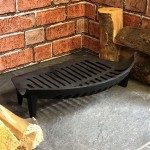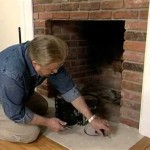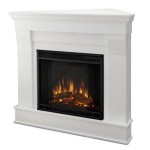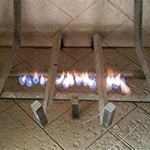Ethanol Fireplace Fuel: An Essential Guide to Your Alternative Heat Source
As winter approaches, many homeowners turn to fireplaces for warmth and ambiance. Ethanol fireplaces, which burn ethanol fuel, have become increasingly popular in recent years due to their convenience, efficiency, and versatility. However, it's essential to understand the essential aspects of ethanol fireplace fuel before making a decision.
Convenience and Safety
One of the primary benefits of ethanol fireplace fuel is its convenience. Unlike traditional wood-burning fireplaces, ethanol fireplaces do not require chimneys or other complex installations. They can be easily placed anywhere in a room, making them ideal for apartments, small homes, or rooms with limited space. Additionally, ethanol fuel is a clean-burning alternative, producing no smoke or ash residue, eliminating the need for frequent cleaning or maintenance.
Environmental Impact
Ethanol fireplace fuel is derived from renewable plant sources, making it an environmentally friendly option. It burns cleanly, releasing minimal emissions and contributing to a greener indoor environment. In contrast, traditional wood-burning fireplaces can release harmful pollutants into the air, particularly if they are not properly maintained.
Heat Output and Efficiency
The heat output of an ethanol fireplace can vary depending on the size and design of the unit. However, ethanol fireplaces generally provide a cozy and consistent source of heat for small to medium-sized rooms. They are not typically intended to be the primary heat source for an entire home, but they can supplement your existing heating system or create a warm and inviting atmosphere.
Fuel Consumption and Cost
The fuel consumption of an ethanol fireplace depends on the flame intensity and duration. A typical fireplace can burn for several hours on a single fill, and the fuel is relatively affordable compared to other heating sources such as gas or electricity. While the cost of ethanol fireplace fuel can vary, it is generally comparable to the cost of firewood for a traditional fireplace.
Safety Precautions
While ethanol fireplace fuel is generally safe to use, it's essential to follow certain precautions to minimize risks. Ethanol is a flammable liquid, so it should be stored in a cool, dry place away from open flames or heat sources. Always use a fireplace with a built-in fuel container and never add fuel to a burning fireplace. Additionally, keep flammable objects away from the fireplace area, and ensure adequate ventilation to prevent the buildup of fumes.

An Alternative Eco Friendly Fireplace Bioethanol Fires The Interior Editor

2l Bioethanol Fuel For Fireplaces 2x1l

Other Fireplaces As An Alternative Bioethanol Fireplace

Citronella Bioethanol Fireplace Fuel 4 X 5 Litres 20

Citronella Bioethanol Fireplace Fuel

Bioethanol Fuel Bulk Buy 12 To 144 Litres Clean Burn Bio

An Alternative Eco Friendly Fireplace Bioethanol Fires The Interior Editor

4l Bioethanol Fuel For Fireplaces 4x1l

Bio Ethanol Vs Isopropyl What S The Best Fireplace Fuel American

Renewable Home Heating With A Bioethanol Fireplace








